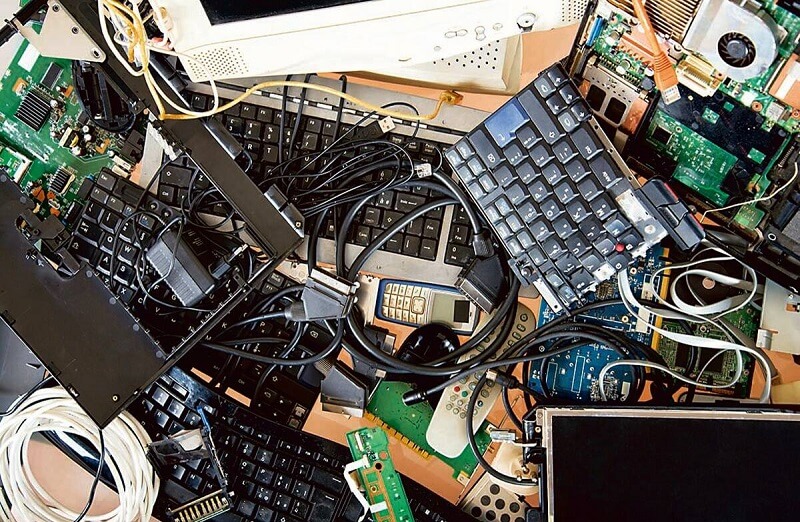The World Health Organisation has warned that the illegal disposal of electronic devices is threatening
the health of women, children, and unborn babies.
The Organisation, in a recent report titled: “Children and Digital Dumpsites” noted that disposal of electronic devices or e-waste has become the fastest growing domestic waste category in the world.
Advertisement
According to the Global E-waste Statistics in 2019, a total of 53.6 million tonnes of e-waste was produced globally, of which only 17.4 percent was recorded as collected and appropriately recycled.
The report shows that while some e-waste ends up in landfills, significant amounts are often illegally shipped to low and middle-income countries where informal workers, including children and adolescents, pick through, dismantle, or use acid baths to extract valuable metals and materials from the discarded items.
“Informal methods of removing materials from e-waste have been linked to a range of health effects, especially in children.
“Recycling e-waste particularly impacts those in vital stages of physical and neurological development, with children, adolescents and pregnant women most vulnerable.
Advertisement
“Children are more susceptible to the toxic chemicals because they absorb pollutants relative to their size and, with not-fully-developed organs, are less able than adults to eradicate harmful substances,” it said.
According to the report, an estimated 12.9 million women who work in the informal waste sector were potentially exposing themselves and their unborn children to the toxic residue.
The Lead Author of the report, Marie-Noel Drisse, noted that improper e-waste management is a rising issue that many countries do not recognise yet as a health problem.
According to her, “Its impacts will have a devastating health effect on children and lay a heavy burden on the health sector in the years to come.”
Similarly, the Director, Department of Environment, WHO, Maria Neira,said that exposure to electrical and electronic waste and its many toxic components unquestionably impacts the rights of children and adolescents to grow and learn in a healthy environment.
Advertisement
“The health sector can play a role by providing leadership and advocacy, conducting research, influencing policy-makers and engaging communities.
“It can also play a role by reaching out to other sectors to demand that health concerns be made central to e-waste policies,” Neira said.



